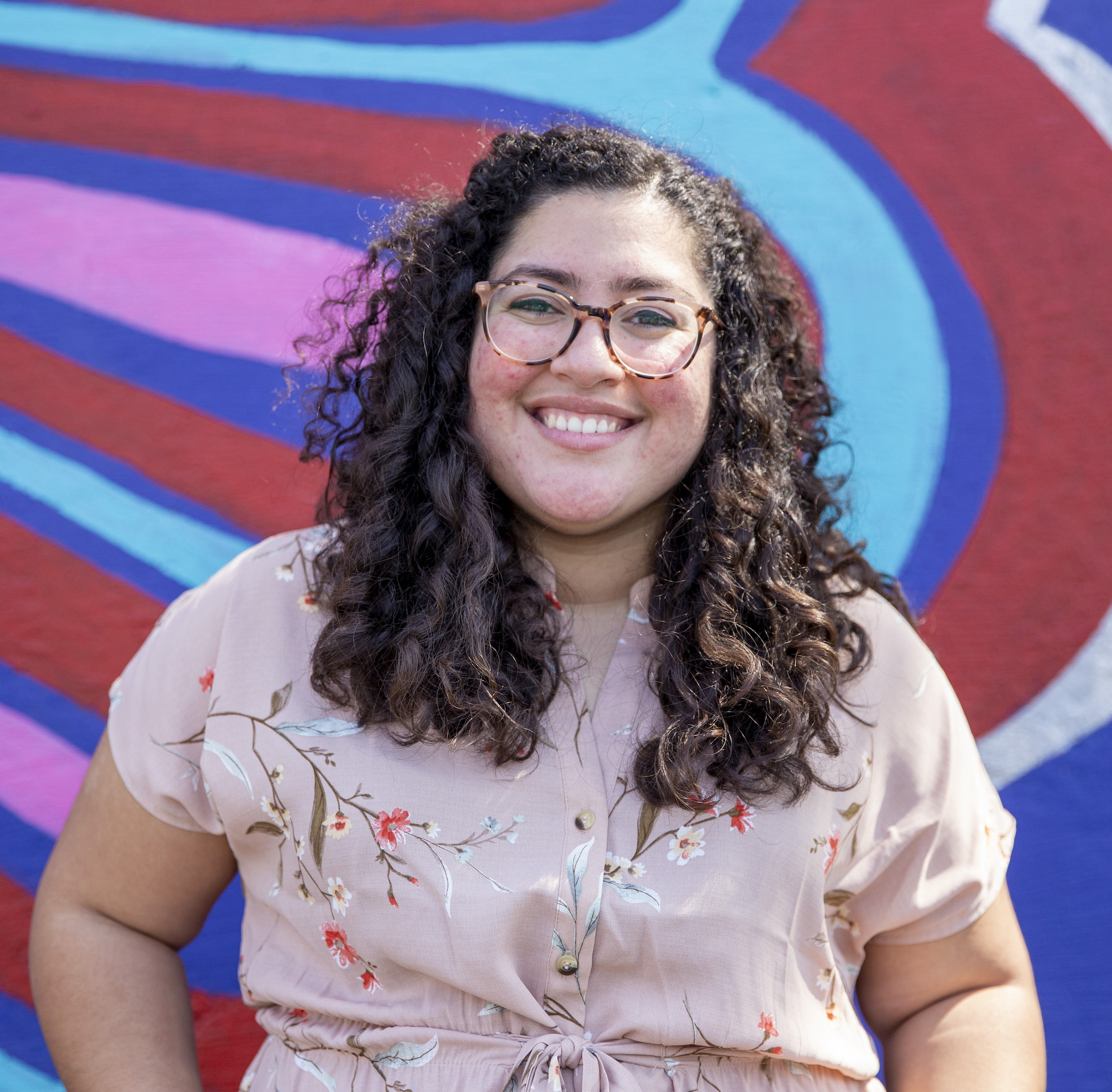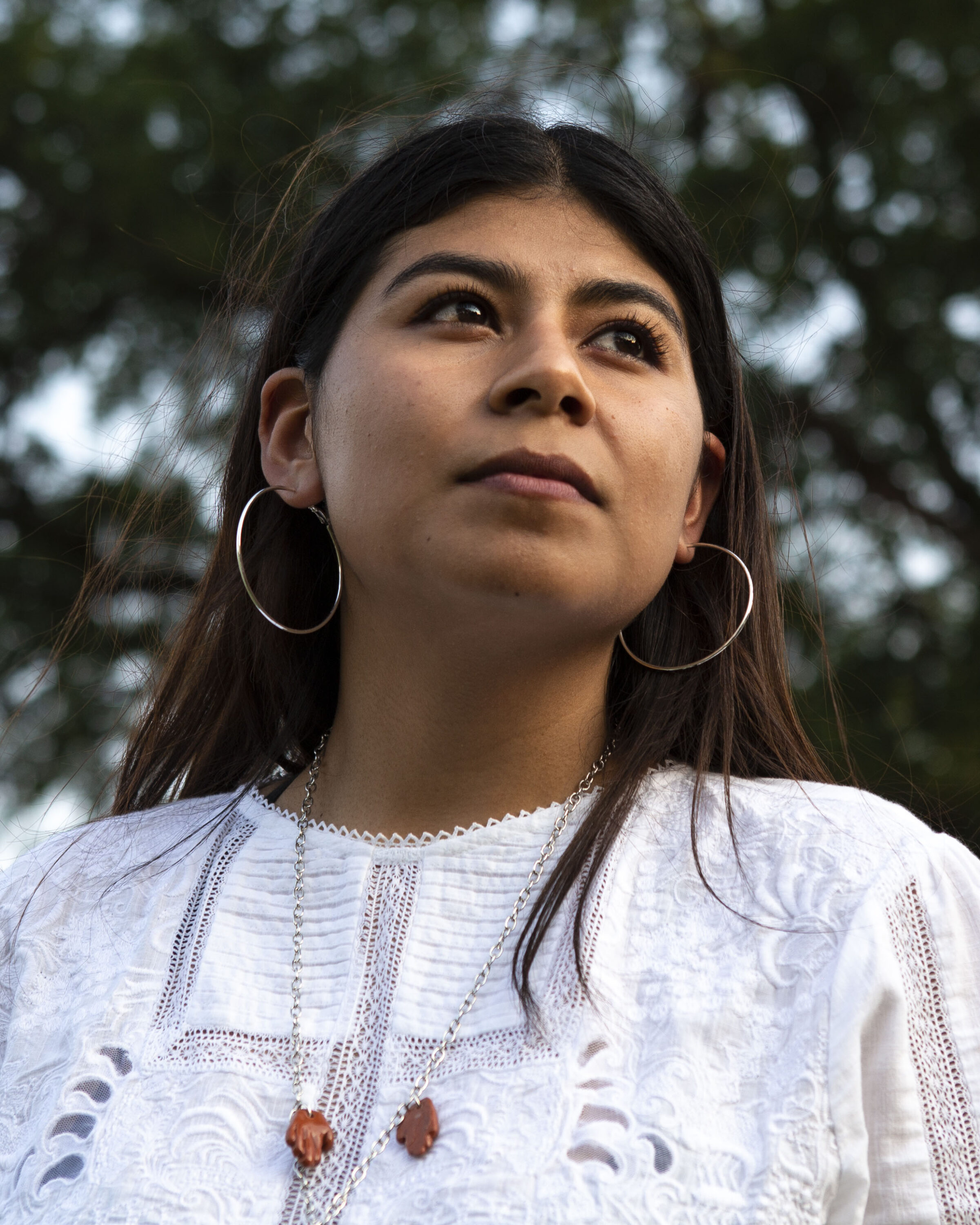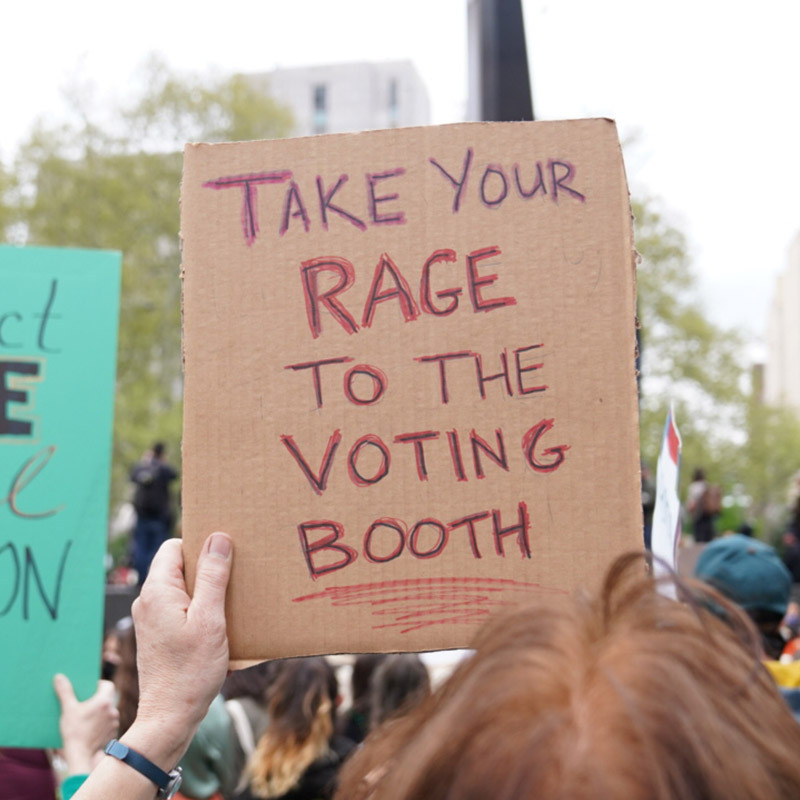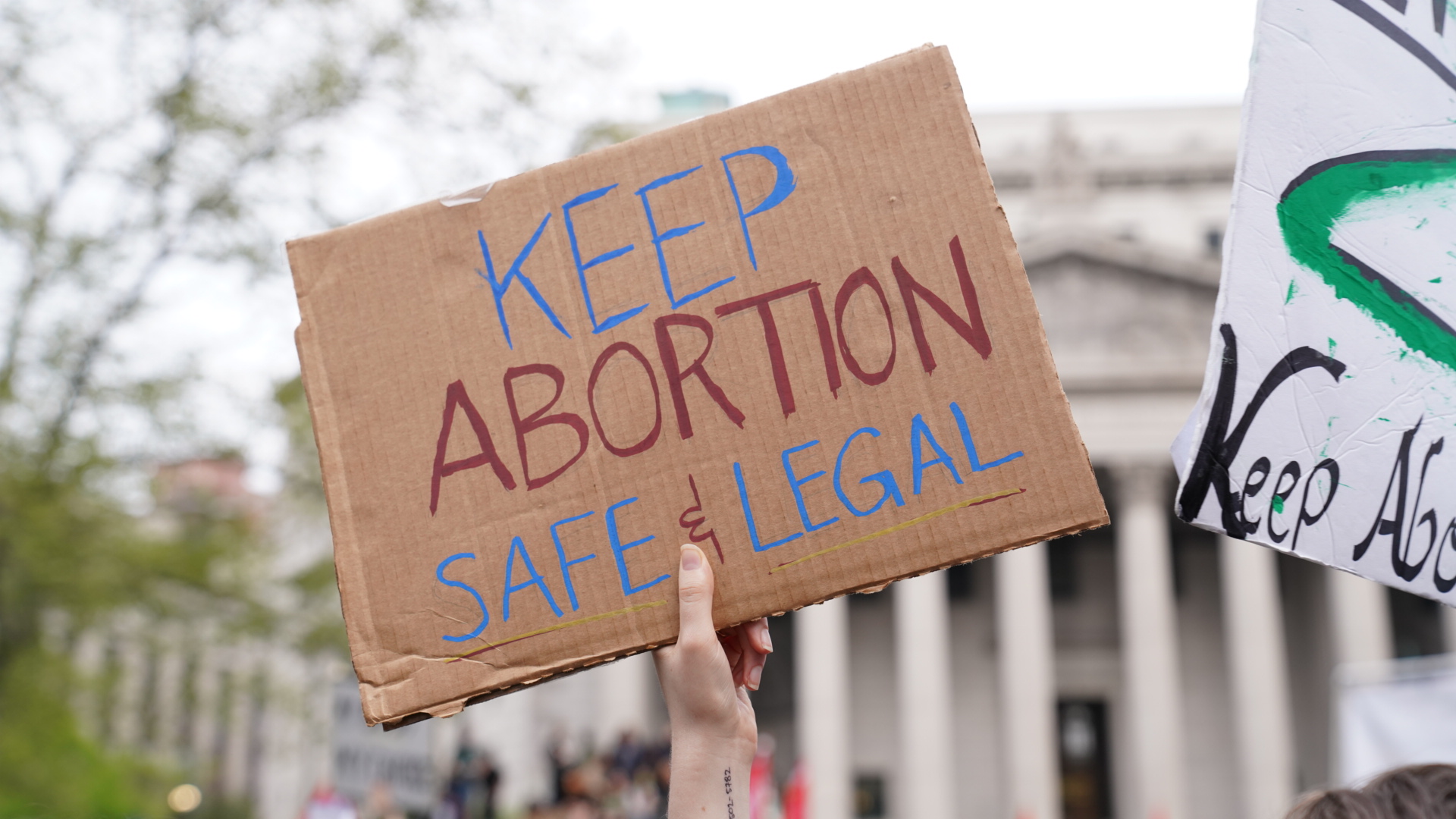More than 75 years after the systematic incarceration of Japanese Americans during World War II, the U.S. Justice Department launched the “China Initiative,” inciting widespread fear of racial profiling for Asian Americans across the country. This year, as Asian Americans Advancing Justice – AAJC commemorates Asian Pacific American Heritage Month (APAHM), we reflect on the exclusion, traumatization, and scapegoating of our communities under the pretext of national security.
We fight for visibility in our country’s history to stop a cyclical pattern of discrimination and profiling. We recognize the resilience of our communities and the courage of many Asian American and immigrant advocates and civil rights leaders. We question why these sacrifices needed to be made and challenge the paradigm and national security apparatus that treats our identities as Asian Americans as threats. For far too long, our communities have struggled for inclusion and have been viewed as inherently suspect. We are not treated as American, but as “perpetual foreigners,” in a country that we call home.
Now more than ever, it is important to remember our history, and to shed light on the ways that the Asian American community has been targeted and scapegoated as a national security threat based on our race, ethnicity, religion, or ancestry. Many of us know that during World War II, President Roosevelt issued Executive Order 9066, authorizing the removal of people of Japanese ancestry from their homes and communities. Over 120,000 U.S. residents of Japanese ancestry were rounded up, forced to leave their homes, and incarcerated in remote detention camps in the name of “national security” in what was one of the darkest stains in our nation’s history.
What is often not highlighted in our history is that the racist rationale behind this measure was concern that any people of Japanese descent were more prone to acts of espionage or sabotage. People were reduced to numbers on tags and treated as the enemy based on their background. It did not matter that around a third of those incarcerated were children or that around two-thirds were U.S. citizens. Many died in incarceration from causes including infectious diseases, bad sanitation, or even shooting by guards. Congress eventually acknowledged that “these actions were carried out without adequate security reasons and without any acts of espionage or sabotage documented by the Commission [on Wartime Relocation and Internment of Civilians], and were motivated largely by racial prejudice, wartime hysteria, and a failure of political leadership.” It was not until 1988 that the government issued this formal admission of failure.
Decades after the incarceration of Japanese Americans, Fred Korematsu, who was incarcerated and challenged the executive order, warned: “No one should ever be locked away simply because they share the same race, ethnicity, or religion as a spy or terrorist. If that principle was not learned from the internment of Japanese Americans, then these are very dangerous times for our democracy.”
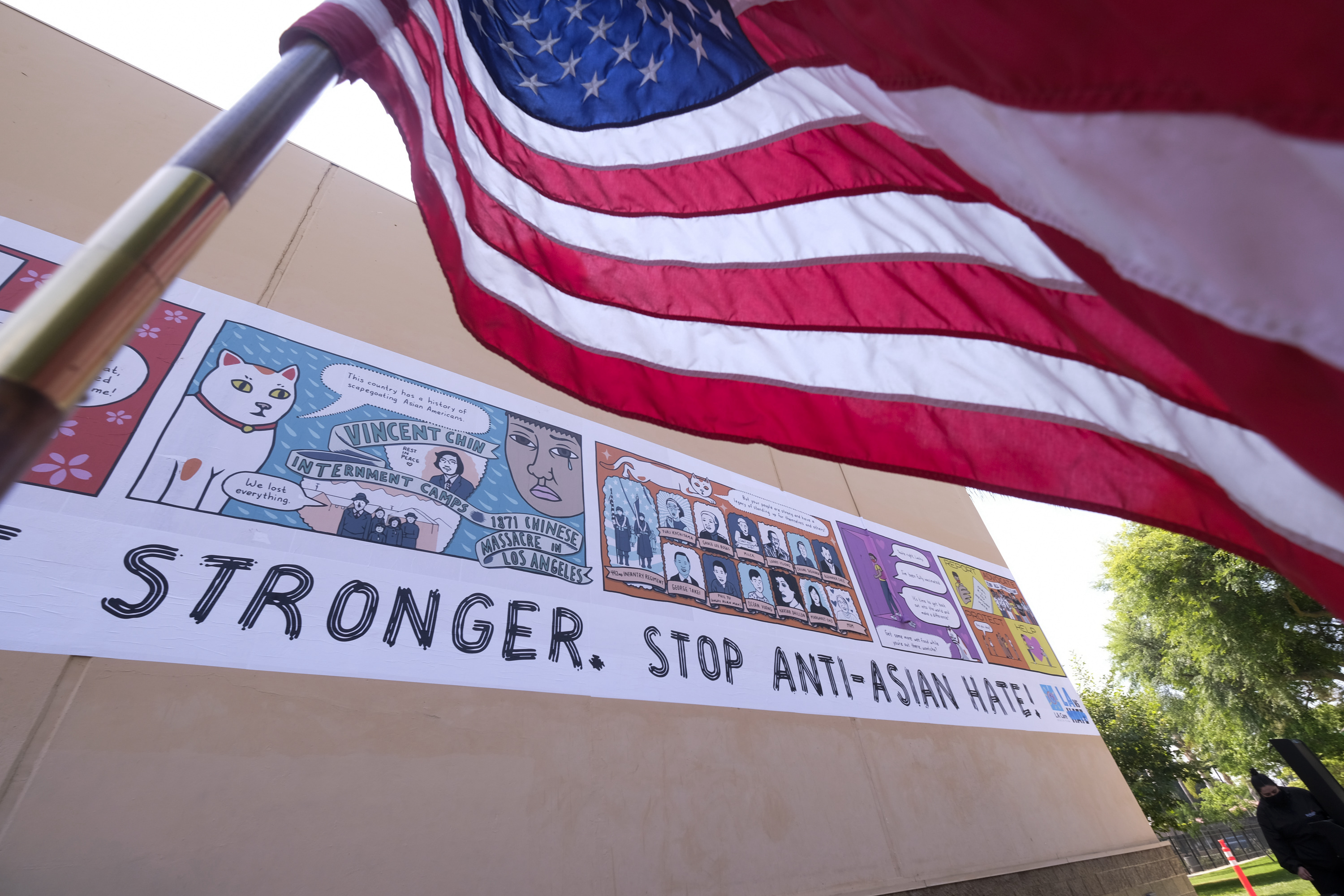
Credit: Ringo Chiu via AP Images
Unfortunately, history continues to repeat itself. Following 9/11, we saw Arab, Middle Eastern, Muslim, and South Asian (AMEMSA) communities subjected to mass surveillance, unwarranted investigations, and unjust prosecutions by the federal government under counterterrorism programs. As with the incarceration of Japanese Americans, racist rationales were used to justify the government’s actions — for example, the discriminatory theory of “radicalization,” which falsely claims that people with certain religious beliefs and practices are more prone to actions threatening national security.
In the past decade, we have continued to see federal agencies use race, ethnicity, national origin, and/or religious beliefs to profile and target Asian Americans, particularly Chinese American scientists and academics. Racial bias against persons of Asian descent permeated federal agencies and influenced the investigations and prosecutions of Asian Americans and immigrants across the country, including Professor Xiaoxing Xi and Sherry Chen. This discrimination intensified under the Justice Department’s now-defunct “China Initiative,” allegedly intended to combat economic espionage and trade secret theft. While there are legitimate concerns about the activities of the People’s Republic of China (PRC) government, the increasing pressure on the FBI and Justice Department to bring cases, along with rising xenophobic and anti-China rhetoric from U.S. government officials, have further fueled anti-Asian sentiments at home and instigated a new wave of racial profiling and violent targeting of our communities.
Under this initiative, officials have relied on a broad theory of “non-traditional collectors” — a euphemism for “spies” — to broadly scrutinize individuals of Chinese descent. Academics with connections to China have been painted as national security threats regardless of any wrongdoing. Reports have found the majority of cases under the initiative do not involve charges of economic espionage or trade secret theft. The initiative incited fear that many individuals are being targeted based on their ethnicity rather than evidence of criminal activity, leaving lives and careers ruined, and driving widespread distrust of our government.
In response to community concerns, Advancing Justice – AAJC launched the Anti-Racial Profiling Project to help directly impacted persons such as Professor Anming Hu, and work towards substantive government reforms. We spearheaded a diverse coalition of Asian American organizations, civil rights groups (including the ACLU), and academic groups to put an end to this harmful initiative. As a result of this coalition’s work, the Justice Department announced its decision to terminate the “China Initiative” on February 23, 2022.
While we commend the Justice Department for listening to the concerns of the Asian American community and celebrate this moment as a critical step forward to address the cyclical and historic racial profiling of Asian Americans, much work remains to be done.
The unjust targeting and profiling of Asian Americans and Asian immigrants have inflicted lasting harms and instilled fear in our communities across the country, especially during a time when hate and violence against Asian Americans continues to rise, further inflaming distress and anxiety. For many of those who have had their “loyalty” questioned like Professor Gang Chen and been subjected to misguided scrutiny under the pretext of national security by their own government, the pain and trauma are long lasting. We call for accountability from the government and remedies for those who have been arrested, lost their jobs, and had their lives destroyed because of unjust investigations and prosecutions.
Moving forward, Advancing Justice – AAJC will continue to advocate for transparency from the government in implementing structural changes to address concerns of racial bias and unjust targeting of our communities. We will continue to push for changes across government agencies, including anti-bias training for investigators, prosecutors, and other government staff to protect not only Asian Americans and immigrants, but all communities of color.
It is long past time to end this injustice. We must remain vigilant of the ways in which Asian American communities are targeted and scapegoated as economic and national security threats. Our institutions and our country must live up to our American ideals and values, and stop this cycle of profiling and discrimination against our communities.
Asian Americans Advancing Justice – AAJC has a mission to advance the civil and human rights of Asian Americans and to build and promote a fair and equitable society for all. Advancing Justice – AAJC launched the Anti-Racial Profiling Project in October 2020 to offer resources and legal referrals for those impacted by the U.S. government’s increased efforts to target and profile Asian American and Asian immigrant scientists and researchers, particularly of Chinese descent. Visit our website at advancingjustice-aajc.org.
Published May 31, 2022 at 10:31PM
via ACLU https://ift.tt/YeIoqZu
